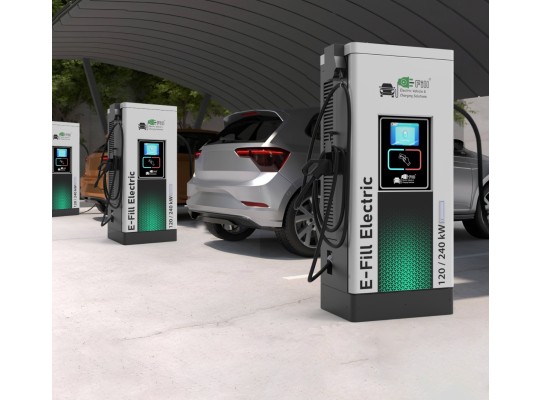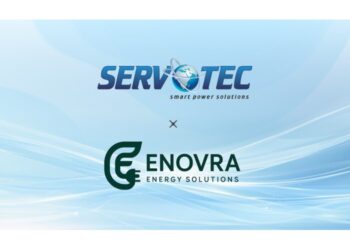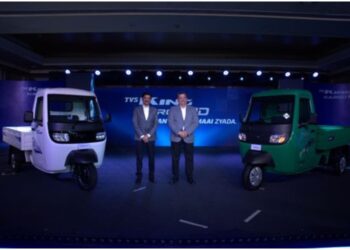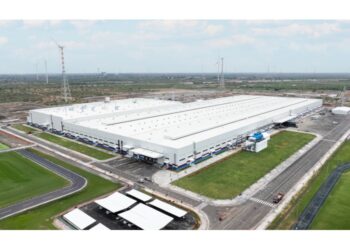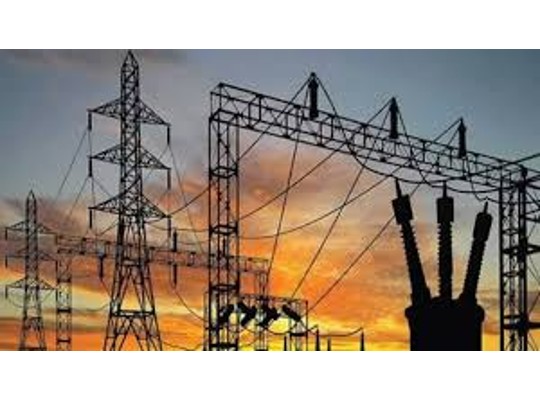EV charging conformance is the process of ensuring that electric vehicles (EVs) and charging stations can communicate and interact seamlessly. This is achieved through the development and adherence to standardized protocols and specifications.
Key aspects of EV charging conformance:
- Standardization: The establishment of common standards for communication protocols, connectors, and safety measures. Major standards include:
- CCS (Combined Charging System): A versatile standard for both AC and DC charging.
- CHAdeMO (Charge to Move): A DC fast-charging standard primarily used in Japan.
- GB/T (Guobiao/Tiaozheng): A Chinese standard for DC fast charging.
- ISO 15118: A comprehensive standard covering communication, power transfer, and plug-and-charge functionality.
- Interoperability: The ability of EVs and charging stations from different manufacturers to work together seamlessly. This is crucial for widespread EV adoption and user convenience.
- Safety: Ensuring the safe charging of EVs through the implementation of appropriate safety measures and protocols. This includes protection against electrical faults, overheating, and other hazards.
- Testing and certification: The rigorous testing of EVs and charging stations to verify their conformance to standards and ensure their safe and reliable operation.
Benefits of EV charging conformance:
- Improved user experience: Users can charge their EVs at any compatible station without worrying about compatibility issues.
- Increased competition: Standardized charging systems promote competition among manufacturers, leading to lower costs and better products.
- Accelerated EV adoption: A robust and reliable charging infrastructure is essential for the widespread adoption of EVs.
- Enhanced grid integration: Conforming EVs and charging stations can facilitate the integration of EVs into the power grid, enabling smart charging and vehicle-to-grid (V2G) technologies.
Challenges in EV charging conformance:
- Global fragmentation: The existence of multiple charging standards can create challenges for interoperability.
- Rapid technological advancements: The rapid evolution of EV technology can make it difficult to keep up with standards development.
- Cost of testing and certification: The process of testing and certifying EVs and charging stations can be expensive and time-consuming.
Efforts to improve EV charging conformance:
- Standardization organizations: Organizations such as the International Organization for Standardization (ISO), the International Electrotechnical Commission (IEC), and the Society of Automotive Engineers (SAE) are actively working on developing and promoting EV charging standards.
- Industry collaboration: Collaboration between EV manufacturers, charging station operators, and other stakeholders is essential for achieving interoperability.
- Government support: Government policies and incentives can play a crucial role in promoting EV charging conformance and infrastructure development.
E-Fill Electric is a key player in promoting EV charging conformance in India. As a manufacturer of AC and DC chargers, certified by the Automotive Research Association of India (ARAI), E-Fill Electric is committed to producing safe and efficient charging solutions.
How E-Fill Electric Contributes to EV Charging Conformance
- Adherence to Standards: eFill Electric designs and manufactures its chargers in compliance with international and Indian standards, ensuring compatibility with different EV models.
- Interoperability: The company’s chargers are compatible with various charging protocols, making them interoperable with a wide range of EVs.
- Safety and Reliability: eFill Electric prioritizes safety by incorporating robust safety features into its chargers. Their products undergo rigorous testing to ensure reliability and durability.
- Technology Integration: eFill Electric integrates advanced technologies like OCPP (Open Charge Point Protocol) and intelligent charging management systems (CMS) into its chargers, enhancing the overall charging experience.
- Expanding Charging Infrastructure: By offering a range of charging solutions for both residential and commercial use, E-Fill Electric contributes to the expansion of the EV charging infrastructure, making charging more accessible to EV owners.
Through its focus on standardization, interoperability, safety, and technology, E-Fill Electric is actively contributing to the development of a robust EV charging ecosystem in India. By ensuring that its chargers meet the highest quality standards, the company is helping to build consumer confidence in electric vehicles and accelerating the transition to sustainable transportation.
By working closely with industry stakeholders, government agencies, and charging network operators, eFill Electric is playing a vital role in shaping the future of EV charging in India.
Conclusion: EV charging conformance is a critical aspect of the EV ecosystem. It ensures seamless interoperability between EVs and charging stations, promotes user convenience, and facilitates the widespread adoption of electric vehicles. While there are challenges to overcome, ongoing efforts by standardization organizations, industry collaboration, and government support are driving progress in this area.


